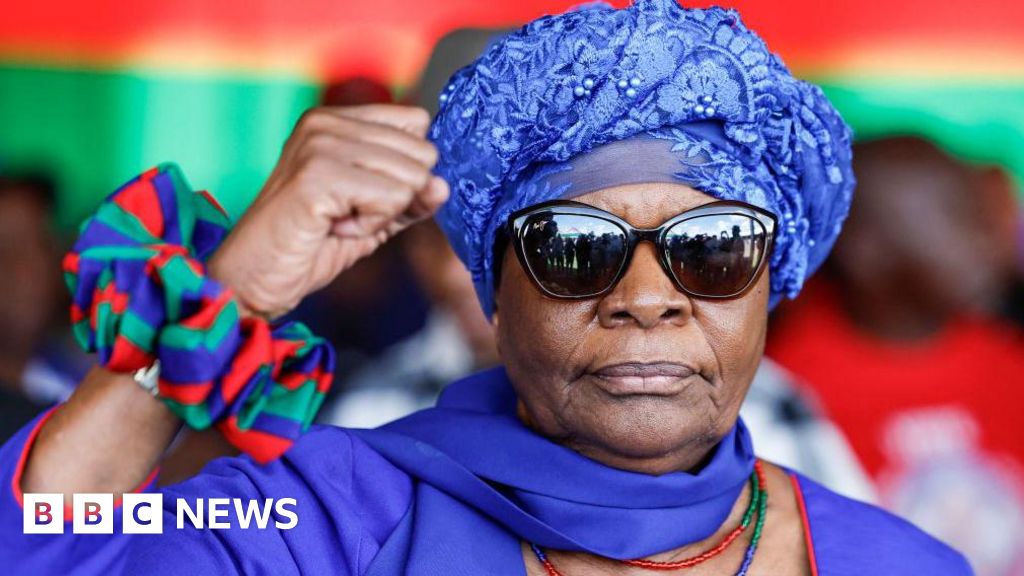Contrary to the paltry 12 per cent return on investment recorded by the industrial goods segment of the Nigerian Exchange Limited (NGX) last year, the sector has outperformed other segments to gain 73.14 per cent in the first half (H1), 2024.
Precisely at the end of the first half, the sector witnessed a tremendous leap, outperforming five other segments, including the all-share index, which measures the performance of listed equities by a modest margin, as against the sector’s ranking as worst performing in the bourse last year.
A review of the performance of other segments showed that NGX banking returned negative 7.47 per cent to investors, while insurance index rose by 21.4 per cent gain at the end of the six-months. The consumer index and oil and gas recorded 41 per cent and 38 per cent gains at the end of H1, 2024. The NGX index stood at 34 per cent within the period.
Companies under the industrial segment are: Cutix Nigeria Plc, Juli, Dangote Cement, Lafarge Africa, Berger Paints, Beta glass, BUA cement, Chemical and Allied products and Notore Chemical industries, Smart Products Plc, CAP and TrippleG.
Indeed, the industrial goods index had performed poorly in the past few years. For instance, while the NGX ASI closed 2021 with a gain of 6.07 per cent to 42,716.44 basis points, the ASeM and Industrial goods indices depreciated by 2.15 per cent. Also at the end of 2022, the sector depreciated by 5.96 percent.
In 2023, the index showed a growth of 2.21 per cent in the first quarter. However, the growth declined to 1.42 per cent in the second quarter, resulting in a moderated first-half gain of 3.66 per cent. It posted a marginal 0.25 per cent gain in August and 12 per cent in 2023.
Operators said one of the big names in the industrial goods sector, which is Dangote Cement, has achieved over 100 per cent growth this year, which accounts largely for the growth of that industrial goods index.
According to them, billionaire business mogul, Femi Otedola renewed interest and purchase of Dangote Cement shares in January this year lifted the stock price from N320 to its current price of over N656.70 kobo presently.
Dangote Cement recorded a whopping N6.25 trillion market valuation gain in Q1 2024, increasing from N5.45 trillion as of the end of December 2023 to N11.7 trillion by the end of March 2024.
The cement manufacturing giant closed its last trading day on Monday, July 1, 2024) at 656.70 per share on the exchange. It began the year with a share price of N319.90 kobo and has gained 105 per cent on that price valuation, ranking it fifth on the NGX in terms of year-to-date performance.
Also, another firm under the segment: BUA Cement closed its trading day on Monday, July 1, 2024) at N143.20 kobo from N97 at which it resumed trading for the year in January. The stock has gained 47.6 per cent on that price valuation, ranking it 15th on the NGX in terms of year-to-date performance.
President of NewDimension Shareholders Association, Patric Ajudua, said the industrial goods segment enjoyed investors’ patronage in the first half due to improved top and bottom lines achieved in its Q1, 2024, coupled with the mouth-watering dividend paid to shareholders.
However, an operator, who craved anonymity, said the performance of the segment in the first half of the year may not be sustainable, noting that Dangote Cement and BUA Cement have been on offer at the minimum possible price at the market with a huge volume of sellers without any buyer.
“The performance is not sustainable, Dangote Cement has been on offer at the minimum possible price at the market with a huge volume of sellers, no buyer. The stock will need to fall by about 30 per cent before it will become liquid again. BUA Cement is equally on offer at the minimum possible price with no buyer.
“So the industrial goods sector will fall significantly during this second half of the year. The stocks are overpriced, moved beyond their fair value, so no one is buying them, people having the stock have not been able to sell since January.”

 4 months ago
4
4 months ago
4














![[ICYMI] No N500m missing from customer’s account, says Access Bank](https://cdn.punchng.com/wp-content/uploads/2018/09/14183604/20180707-DSC_0077new.jpg)
 English (US) ·
English (US) ·